
A review of smartphone tools for suicide prevention and recommendations for clinicians.

A review of smartphone tools for suicide prevention and recommendations for clinicians.

Is it time to think outside the light box for treatment of seasonal depression?

A new protocol makes light therapy an option for patients with bipolar depression.

Since ancient times, doctors have shown a good deal of interest in identifying seasonal patterns in the incidence of symptoms and disease. Could the holiday blues be a myth?
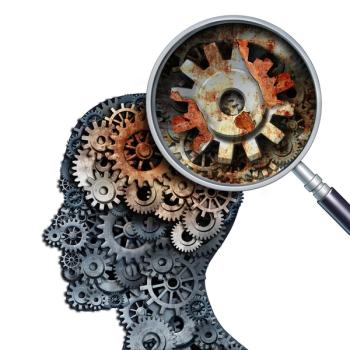
Two recent clinical trials of opioid medication for depression and suicidality highlight the role of brain opioid systems in depression.

The articles in part 1 of this Special Report provide concise reviews of important research findings and clinical applications of mindfulness meditation, breath practices, and uses of CAM therapies for perinatal depression.

Many women choose to avoid standard treatment for perinatal depression, and instead prefer integrative treatments that incorporate complementary and alternative therapies. This article reviews the evidence base for these treatments.

Recent studies demonstrate the far-reaching effects of childhood trauma related to depression and suicidality in adulthood. The evidence to support these associations is presented here.

Are you aware of 2 newly identified predictors of a pernicious depression course in middle-aged women?
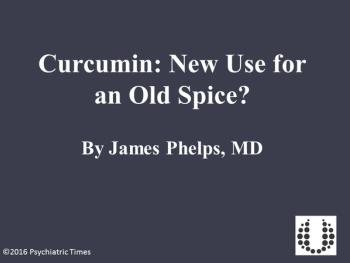
Although recent reviews caution against overenthusiasm, what if a simple, inexpensive, and extremely low-risk anti-inflammatory was at hand?

The supposed “epidemic” of mental illness turns out to be mostly a myth in the US adult population, 2000-2015.
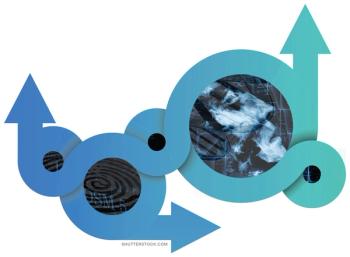
What an exciting time to be involved in understanding and providing care for people with schizophrenia spectrum disorders!
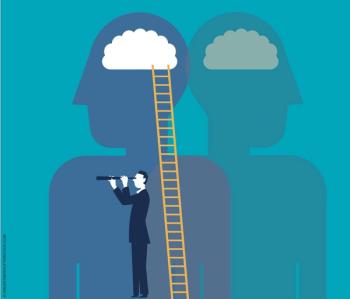
A review of the distinction between depressive and psychotic symptom domains, current knowledge about the etiology and neurobiology of depression and psychosis, and how this knowledge can inform the treatment of patients with features of both.

Will novel treatments from around the world be treats or tricks? Whatever they turn out to be, they are as fascinating and varied as Halloween costumes.
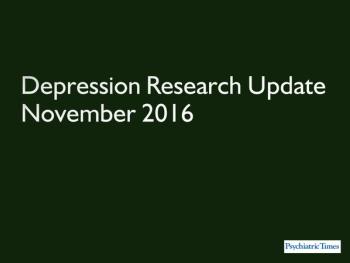
Recent studies examine placebo responses to antidepressants, the effect of SSRIs on sleep in the elderly, and the best time of day for psychotherapy sessions.

Is St. John’s wort (SJW; Hypericum perforatum) an appropriate treatment option for patients with MDD? What advice should be given to patients who inquire about it?

The authors focus on the psychiatric management of transplant recipients and the evaluation and care of living organ donors.

"Like many good psychiatrists, I have empathy and concern for my patients. But in my case, I’ve quite literally walked in their shoes."
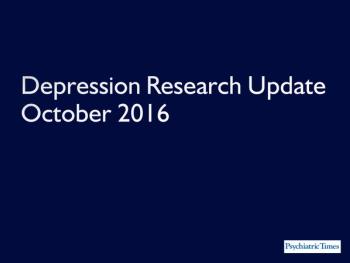
Three new studies help predict which patients with depression may not respond to pharmacotherapy and which women may become depressed during menopause.

Among patients with treatment-resistant MDD, transcranial magnetic stimulation wins the popular vote.

Psychiatrists are playing an ever-increasing role in the evaluation and care of organ transplant candidates and living organ donors-before and after transplant.
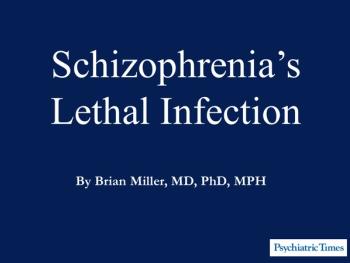
Are you aware of this newly identified risk factor for suicide?
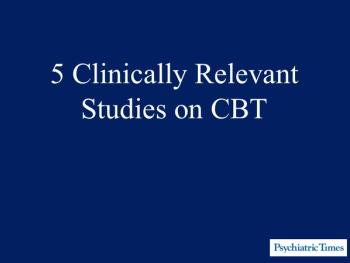
A summary of important CBT studies with the most current evidence-based information, chosen for their relevance and clinical utility.

Patients want to know what to expect with a given treatment, how their experiences compare with those of others, or whether they are alone in coping with their conditions. Who best to answer these questions than others like them?

Can lithium pass the LiTMUS test?